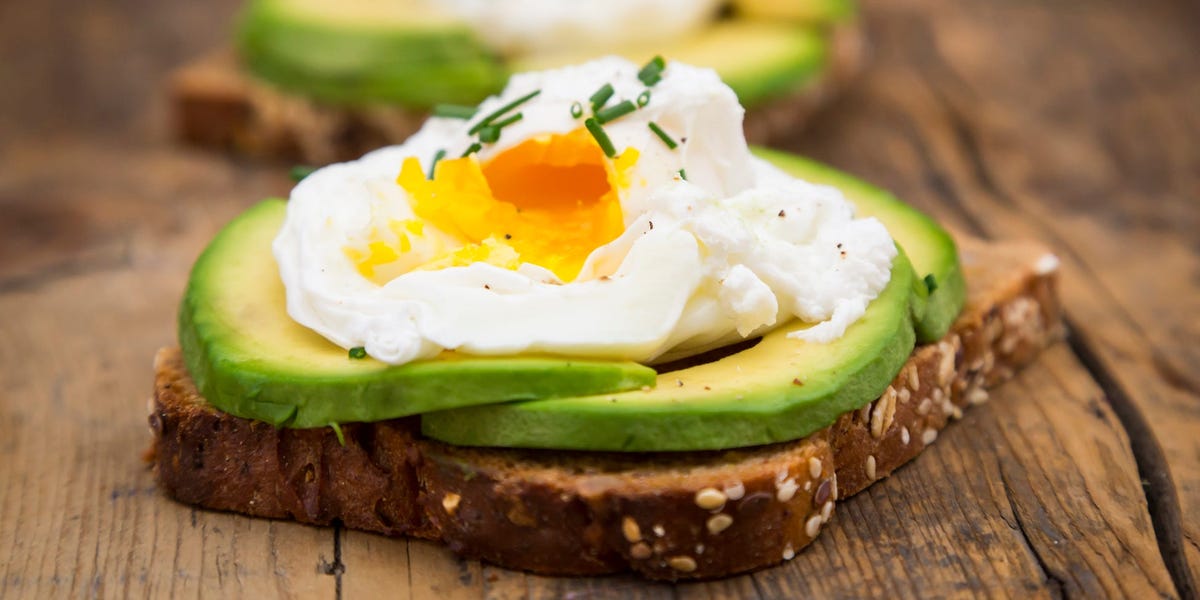For as long as there has been alcohol, there have been people searching for a cure to the next day fatigue, nausea, and headaches that can come with a hangover.
Most hangovers will go away on their own within 24 hours. There is no single cure for a hangover, but treating the symptoms can help you feel better. You can use the following home remedies to help relieve your hangover symptoms:
Eggs contain amino acids like cysteine, which can help clear acetaldehyde from your system, according to a 2018 article in the Journal of Chemistry.
Acetaldehyde is produced during the metabolism of alcohol. When you drink a lot, your body can’t metabolize acetaldehyde quickly enough. Too much acetaldehyde in the blood has been linked to hangover symptoms like headache, sweating, nausea, and vomiting.
Bananas are a good source of potassium, an important electrolyte that can get depleted after drinking. Low electrolyte levels can contribute to hangover symptoms like fatigue, headache, nausea, muscle cramps, and low energy.
One banana contains 425 milligrams of potassium, or about 12% of your recommended daily value. Other foods rich in potassium include:
Eating salty foods can help replenish your body’s sodium levels, which may also be depleted after heavy drinking. Some of the best examples include:
Carbohydrates help raise your blood sugar, which will help relieve the symptoms of low blood sugar commonly associated with hangovers like fatigue and weakness.
If your hangover has you feeling nausea, you may want to stick to bland foods like toast that will also help settle your stomach. Or, you may want to opt for healthier, complex carbohydrates like:
While dehydration isn’t the only cause of a hangover, it is a major one. Drinking water or other fluids when you are hungover will help alleviate the symptoms of dehydration, such as dry mouth, dizziness, and fatigue.
There isn’t a defined amount you need to drink, says Mia Mattioli, MD, a physician at Huntington Hospital in California. Drinking water alongside your alcoholic drinks can also help, because it will both keep you hydrated and likely reduce how much alcohol you consume, Mattioli says.
Drinks with electrolytes will help you retain water. Salty liquids like bouillon soup or sports drinks will also help replace the salt and potassium you lose from urinating frequently while drinking.
Coffee or tea can also help you feel better, especially if your hangover has you feeling fatigue and head pain.
The caffeine can help relieve headaches and give you an energy boost, but be wary, because caffeinated drinks are also diuretics, and can end up dehydrating you more.
Some supplements and extracts may also help treat hangovers, although Mattioli warns that what works for one person may not work for another.
Mattioli says that in general, there isn’t harm in trying different supplements, as long as you never exceed the recommended daily limit of each supplement.
Here are the best supplements to cure your hangover:
Sometimes known as “hair of the dog,” many people claim that having one drink the next morning can help relieve your hangover.
Yet this is not recommended by doctors and several studies show that drinking to cure a hangover is associated with problem drinking and alcohol dependence.
Some drinks may cause worse hangovers than others. There is some evidence that alcohol with more congeners, the substance that flavors and colors drinks, leads to more severe hangover symptoms. Bourbon and whiskey, for example, are high in congeners, while vodka has essentially none.
A 2010 study published in the journal Alcoholism: Clinical and Experimental Research looked at the correlation between high and low congener drinks and severity of hangovers. For the study, researchers examined 95 healthy adults between the ages of 21 and 33 who were not alcohol dependent, as determined by the Short Michigan Alcoholism Screening Test, but who were considered heavy drinkers, meaning they had consumed at least 4 to 5 drinks in a single night in the last 30 days.
Participants were given either whiskey or vodka mixed with cola one night and a placebo of cola and decarbonated tonic with a few drops of whiskey or vodka on top the other night. Participants rated eight hangover symptoms on a scale of 0 to 7 to determine the severity of hangovers. Researchers found that hangovers were worse after a night of drinking bourbon compared to a night of drinking vodka.
While many people claim to have tried-and-true hangover cures, there is no one trick that will work for everyone.
Overall, the best way to recover from a hangover is to treat the symptoms, which differ from person to person. And of course, drinking in moderation, staying hydrated, and not drinking on an empty stomach will all help reduce the severity of a hangover.
